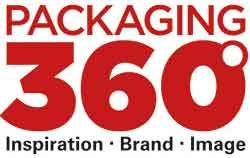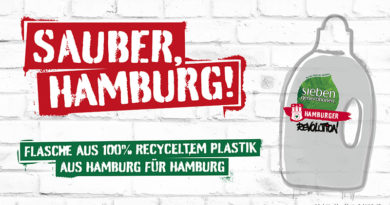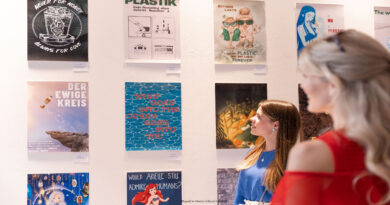Henkel Plastic expands partnership with Plastic Bank
Henkel is extending its cooperation with the social enterprise Plastic Bank by a further five years. The partnership was established in 2017 and is now being expanded: Henkel will support projects in Haiti, Indonesia and the Philippines as well as the construction of more than 400 Plastic Bank collection points in Egypt.
In 2020 alone, Henkel intends to use more than 600 metric tons of the recycled material – so-called Social Plastic – in its packaging. Henkel was the first global consumer goods company to enter into a partnership with Plastic Bank. The common goal is to reduce plastic waste in the oceans while improving the lives of people living in poverty, especially in countries where there is no collection and recycling infrastructure. The idea behind it – in collection centers, the local population can hand in collected plastic waste and exchange it for money, goods or services. As Social Plastic, this material becomes part of the value chain again.
Since the start of the cooperation arrangement, Plastic Bank has opened several collection points in Haiti with the help of Henkel. In addition, Henkel supported the organization in setting up a supply chain to recycle the collected plastic waste and reintegrate it into the value chain. This year, Henkel has launched cosmetic, detergent and cleaning products with packaging consisting of up to 50 percent Social Plastic. According to the company, it has processed more than 200 metric tons of Social Plastic. This has also been recognized externally, for example with the Packaging Europe “Best Practice” Sustainability Award and the Ecovia “Sustainable Beauty Award” in the “Sustainable Packaging” category.
Development of a collection infrastructure in Egypt
The partnership, which is supported by the Henkel Beauty Care and Laundry & Home Care Divisions, focuses on two aspects – Using Social Plastic in the partners’ own product packaging and expanding the Plastic Bank’s global presence – to avoid plastic waste ending up in oceans or other bodies of water and at the same time to offer opportunities for people in poverty. Together, the aim is to increase the availability of Social Plastic as a resource for the production of packaging. The establishment of a collection infrastructure in Egypt with around 400 collection stations will create additional capacities of up to 5,000 tonnes (metric tons) per year. This corresponds to one billion bottles over a period of five years. “Plastic Bank creates a value chain that contributes to a better world. Our partnership with Henkel is a good example of what we can achieve together. We are excited about the expanded collaboration,” said David Katz, CEO of Plastic Bank. “Together we can create real added value by tackling the waste problem holistically, while at the same time helping people in need”.
“Working with Plastic Bank will help us implement our strategy of using more recycled plastic in our packaging. At the same time, we are contributing to a stable income for the local population,” says Jens-Martin Schwärzler, member of Henkel’s Management Board and responsible for the Beauty Care Division. “Environmental awareness is playing an increasingly important role for consumers too.
Henkel works with various partners along the value chain and participates in numerous cross-industry initiatives to promote progress in the area of sustainability. For example, the company is a member of the New Plastics Economy and a founding member of the global Alliance to End Plastic Waste.




